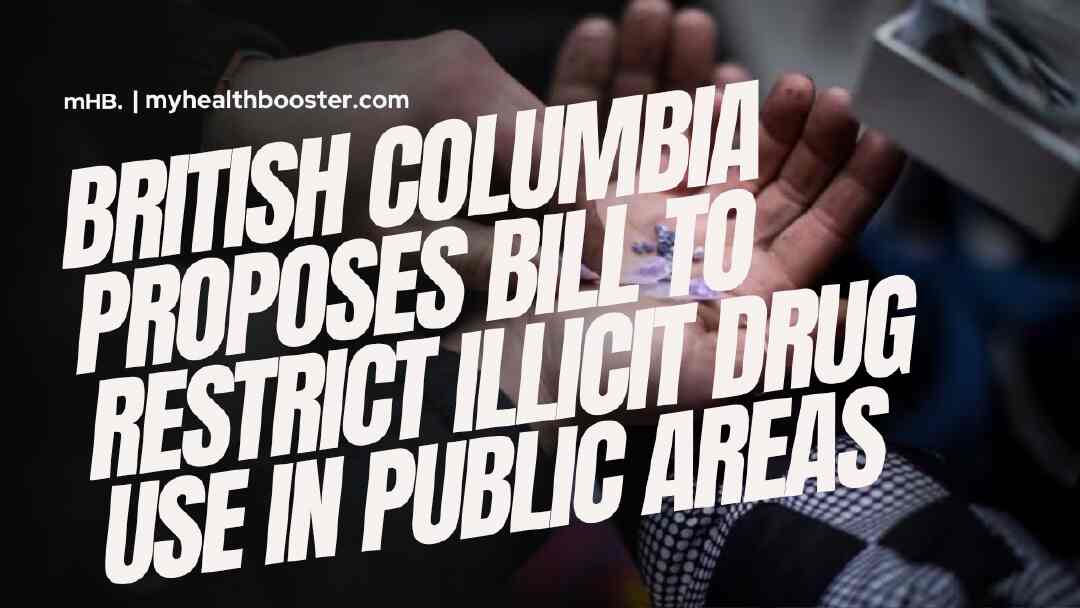Legislation aims to address public concerns about open drug use while avoiding criminal penalties for users.
The British Columbia government has introduced new legislation aimed at limiting the use of illicit drugs in various public spaces. This comes less than a year after the launch of a decriminalization pilot project aimed at destigmatizing drug users.
If the bill is passed, it will prohibit the use of illegal drugs within six meters of building entrances and bus stops, within 15 meters of playgrounds, spray and wading pools, and skate parks, and in parks, beaches, and sports fields.
Premier David Eby stated, “British Columbians overwhelmingly agree addiction is a health matter. At the same time, they’re also concerned about open drug use in public spaces, especially near where kids play.” Eby believes these new restrictions will align with those governing smoking, drinking, and cannabis use.
Public Safety Minister Mike Farnworth clarified that this legislation won’t impose criminal penalties on individuals using drugs in public areas. Instead, enforcement officers will request them to stop or direct them to another location. Farnworth also suggested that police might provide resources for addiction treatment.
This move follows efforts to expand substance use disorder treatment in response to British Columbia’s ongoing seven-year public health emergency due to toxic drug-related deaths. However, B.C.’s chief coroner has emphasized that the majority of people dying from the unregulated drug supply do not have severe drug dependencies.
Corey Ranger, president of the Harm Reduction Nurses Association, expressed disappointment, viewing this as a “complete walkback” from the province’s decriminalization policy. He’s concerned that people will be forced to hide their drug use, potentially leading to more health risks due to contaminated substances.
The Vancouver Network of Drug Users (VANDU) also criticized these changes, fearing they would drive people to use drugs indoors in unsafe environments. They called for proper resources to support the decriminalization pilot.
The proposed legislation follows a three-year pilot project on decriminalization that aimed to reduce stigma and combat toxic drug-related deaths. Since the public health emergency declaration in 2016, nearly 13,000 people have died in British Columbia from toxic drug overdoses. Municipal governments had asked for more support in regulating public drug use under the pilot.
Dan Ruimy, mayor of Maple Ridge, described these changes as “one piece of the puzzle,” emphasizing the need for more resources to help those with addictions and mental health issues. Kelowna Mayor Tom Dyas stressed the importance of treatment resources for individuals seeking help for addiction.
Premier Eby affirmed the province’s commitment to working with communities to expand treatment resources.
